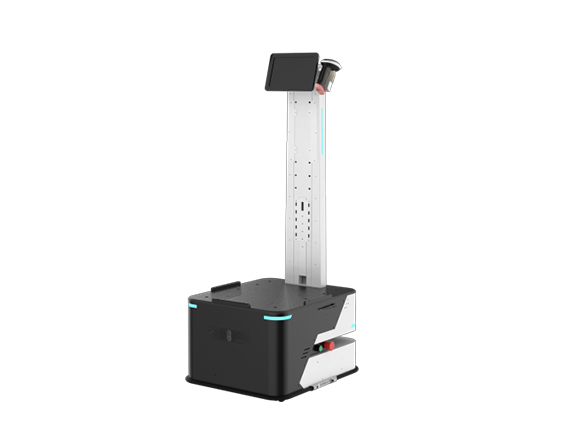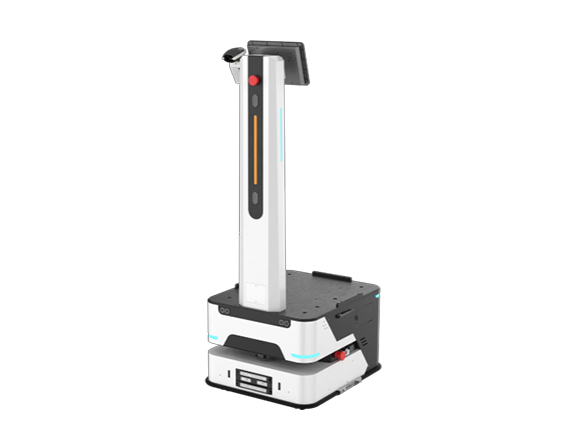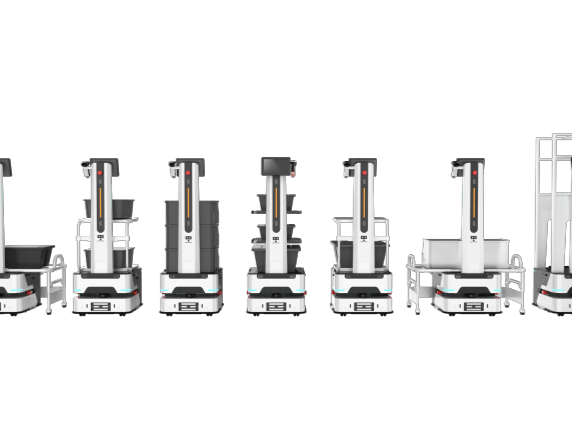
As an avid online shopper, I have always been fascinated by how ecommerce has transformed the retail industry. One of the most exciting developments in recent years is the rise of ecommerce warehouse automation, which has revolutionized order fulfillment and logistics processes. With advanced technologies like robotics and artificial intelligence, businesses are now able to streamline operations, improve efficiency, and deliver products faster than ever before.
The Power of Ecommerce Warehouse Automation

Ecommerce warehouse automation refers to the use of technology-driven solutions to automate various tasks within a warehouse or distribution center. This includes automated picking systems, robotic sorting machines, intelligent conveyor belts, and much more. By implementing these cutting-edge technologies, companies can significantly reduce human error while increasing productivity and accuracy in their operations.
With ecommerce warehouse automation in place, businesses can handle large volumes of orders with ease. Automated picking systems ensure that items are retrieved quickly and accurately from storage locations without any manual intervention. This not only speeds up order processing but also minimizes errors that could occur during manual picking.
In addition to improving efficiency in order fulfillment processes, ecommerce warehouse automation also enables better inventory management. Real-time tracking systems allow businesses to monitor stock levels accurately and optimize replenishment strategies accordingly. This helps prevent stockouts or overstocking situations that could lead to lost sales or increased carrying costs.
Fully Automating Warehouses for Maximum Efficiency
While many warehouses have already embraced partial automation solutions such as automated picking systems or conveyor belts, there is a growing trend towards fully automating warehouses for maximum efficiency.
Fully automated warehouses leverage advanced robotics technology to perform complex tasks traditionally done by humans. These robots can navigate through aisles independently using sensors and algorithms while efficiently handling multiple orders simultaneously. By eliminating the need for human intervention in most processes, businesses can achieve higher throughput rates and reduce labor costs.
Furthermore, fully automated warehouses offer increased flexibility and scalability. With modular robotic systems, businesses can easily adapt to changing order volumes or product assortments without significant disruptions. This allows them to meet customer demands more effectively while maintaining operational efficiency.
Youibot: The Future of Ecommerce Warehouse Automation
One company that is at the forefront of ecommerce warehouse automation is Youibot. They specialize in developing intelligent mobile robots that are specifically designed for warehouse applications. These robots are equipped with advanced navigation systems and artificial intelligence algorithms, enabling them to perform a wide range of tasks autonomously.
Youibot’s robots can handle material transportation, picking operations, inventory management, and even collaborate with human workers seamlessly. Their innovative solutions not only improve operational efficiency but also enhance worker safety by reducing manual labor-intensive tasks.
With their cutting-edge technology and commitment to innovation, Youibot is poised to revolutionize the ecommerce industry by providing scalable and adaptable automation solutions that cater to the evolving needs of modern warehouses.
In Conclusion
Ecommerce warehouse automation has become an essential aspect of modern business operations. It offers numerous benefits such as improved efficiency, accuracy in order fulfillment processes, better inventory management practices, and reduced labor costs. As companies continue to invest in advanced technologies like robotics and AI-driven systems, we can expect further advancements in ecommerce warehouse automation that will shape the future of online retailing.

